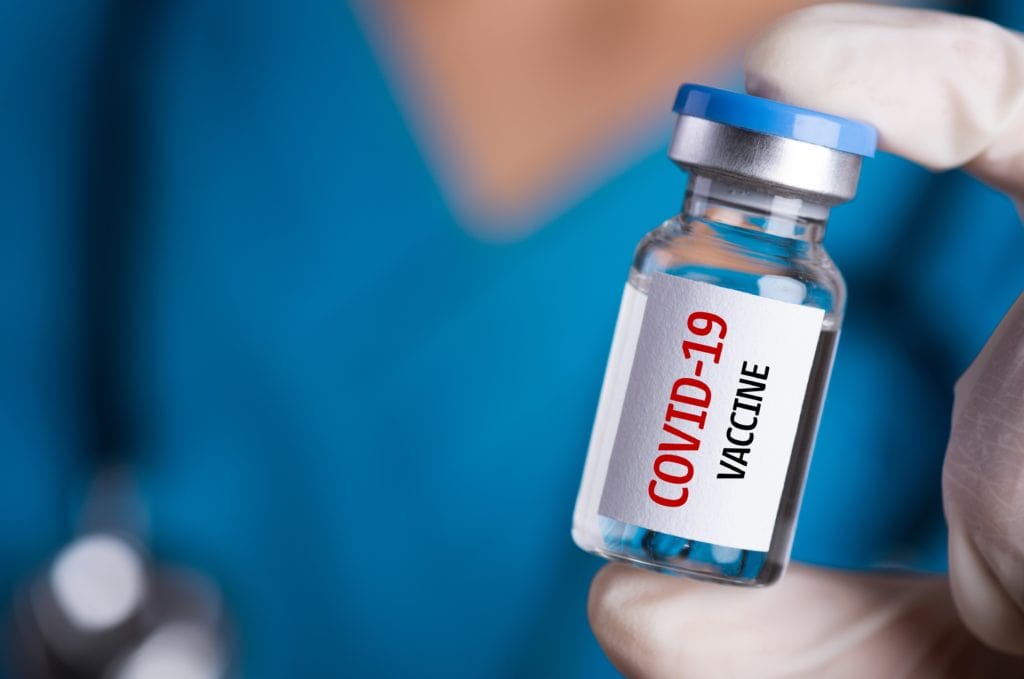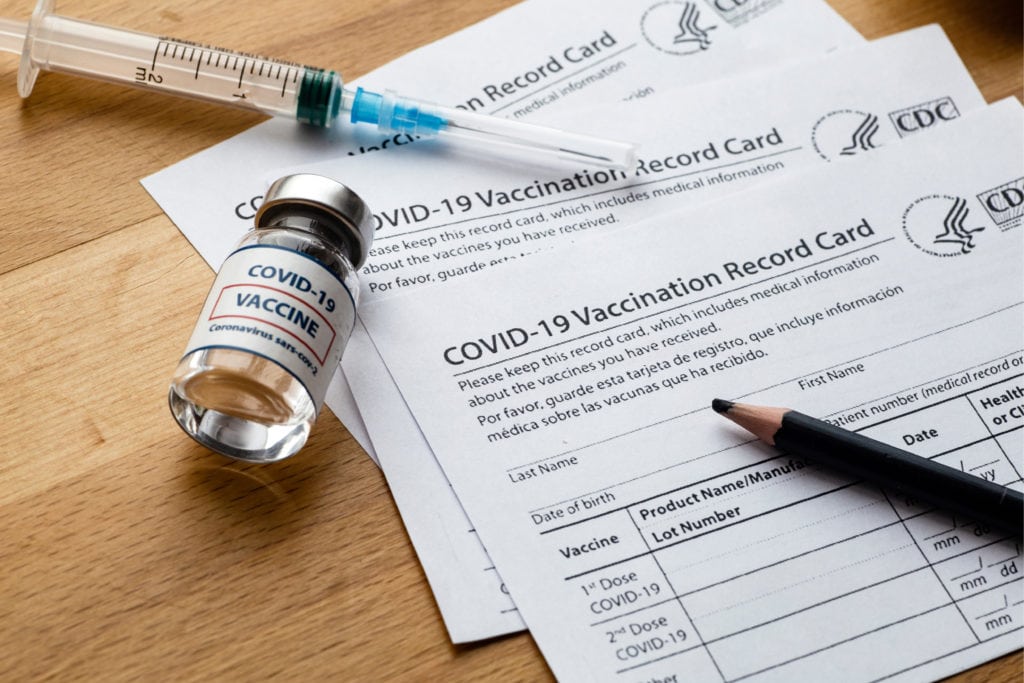CEA Winslow, founder of the Yale School of Public Health, defined public health as “The science and art of preventing disease, prolonging life, and promoting health through the organized efforts and informed choices of society, organizations, public and private communities, and individuals.”
Attorneys general use their positions to address public health challenges in several ways. Whether it’s litigating against companies that have negatively impacted the health of local consumers or using their platform as state officials to promote healthy habits during a pandemic, attorneys general play a significant role in public health within their jurisdictions.
Learn more about areas of public health where attorneys general are making an impact in the below areas.
COVID-19 Pandemic
NAAG is actively monitoring new developments on the 2019 coronavirus disease (COVID-19) and its impacts on state and territory attorneys general and their constituents. NAAG maintains publicly available and members-only resources that are updated regularly to reflect the most current news on how attorneys general are responding to the crisis, online resources, policy updates, and training opportunities related to COVID-19.
Tobacco
Following the Master Settlement Agreement (MSA) between state attorneys general and the nation’s major tobacco companies, attorneys general have played a continuous role in enforcing state tobacco laws, enforcing statutes regulating the marketing and sale of e-cigarettes, and ensuring tobacco manufacturers comply with the MSA. Learn more about attorneys general work on tobacco.
Emergency Response
Attorneys general play a role in their jurisdiction’s response to natural and manmade disasters. As chief legal officers, attorneys general represent many agencies involved in responding to emergencies in addition to their role in protecting consumers from individuals looking to take advantage of vulnerable populations following a disaster. Learn more about attorneys general role in responding to emergency situations.
Substance Use
Attorneys general influence their states’ approach to substance use issues in several ways, including collaborating on take-back days, representing state health agencies, and in their regulatory roles. Learn more about substance use issues and the role of attorneys general.
Medicaid Fraud
Medicaid provider fraud costs American taxpayers an incalculable amount of money and hinders the integrity of the Medicaid program. State Medicaid Fraud Control Units (MFCUs), the majority of which are in state attorney general offices, have long been at the forefront of health care fraud enforcement. Learn more about Medicaid Fraud and the role attorneys general play in enforcement and prevention.
Courses and Trainings
- Public Health
- Substance Use
Policy Letters
- Consumer Protection
- NAAG, Attorneys General
- Public Health
- Wellness
39 State and Territory Attorneys General Support Bipartisan Legislation to Prevent Youth Substance Use
The coalition emphasizes the critical role of the LSC in ensuring that the legal system works for all Americans, particularly those who face economic barriers to adequate legal counsel.
- Consumer Protection
- NAAG, Attorneys General
- Public Health
- Wellness
39 Attorneys General Urge Congress to Address Funding Crisis Affecting the World Trade Center Health Program
The coalition emphasizes the critical role of the LSC in ensuring that the legal system works for all Americans, particularly those who face economic barriers to adequate legal counsel.
- Consumer Protection
- Public Health
- Wellness
State and Territory Attorneys General Urge FDA to Take Action Against Counterfeit and Illegally Sold GLP-1 Drugs
Washington, D.C.– The National Association of Attorneys General (NAAG) sent a letter on behalf of a bipartisan coalition of 38 state…





